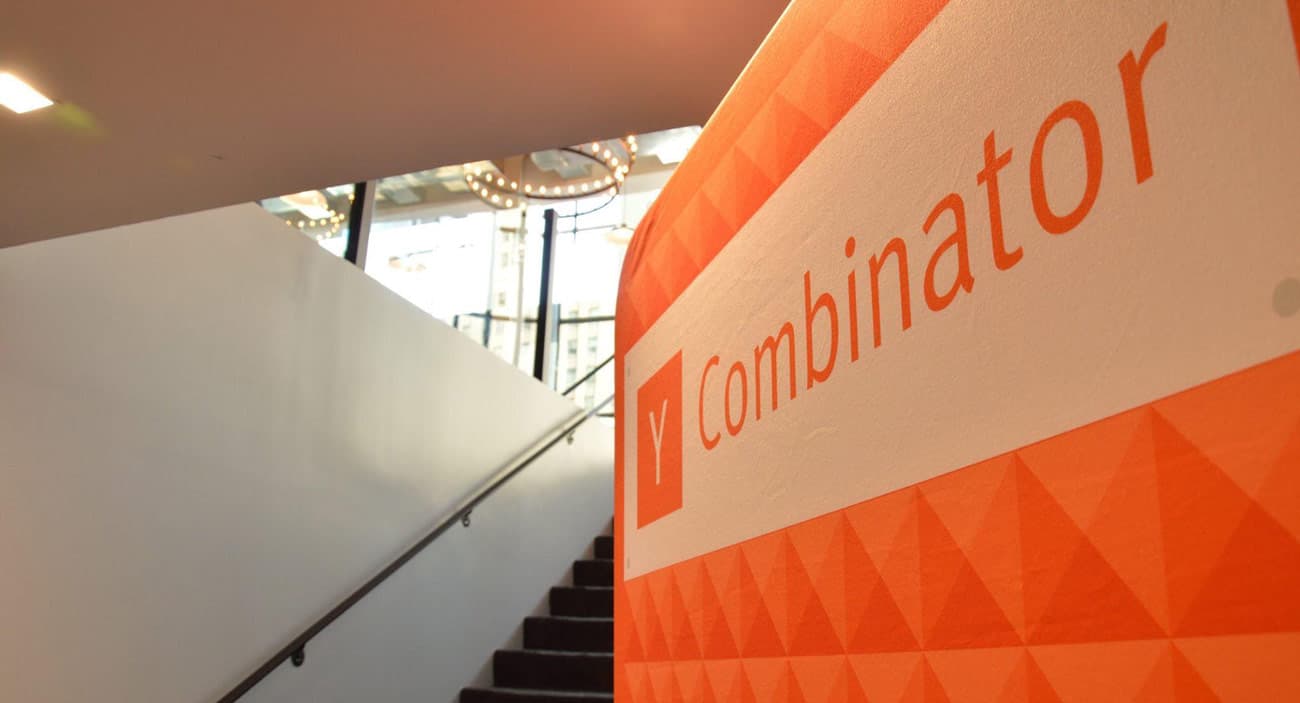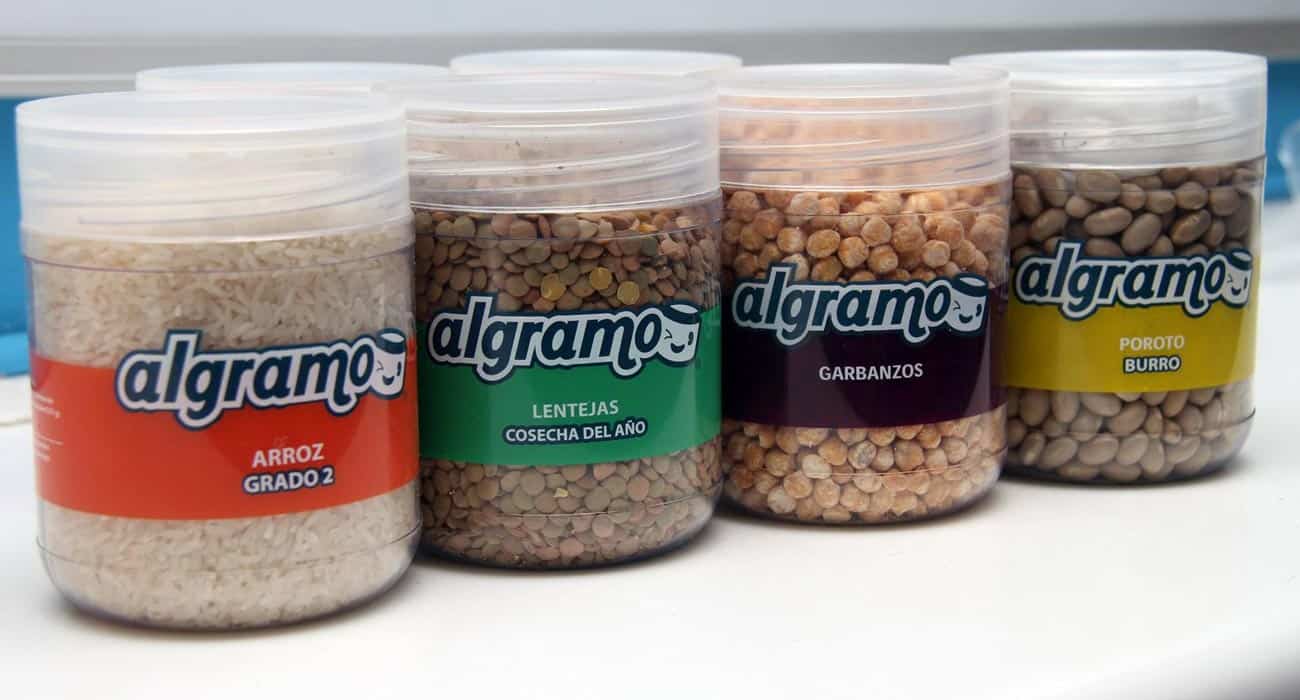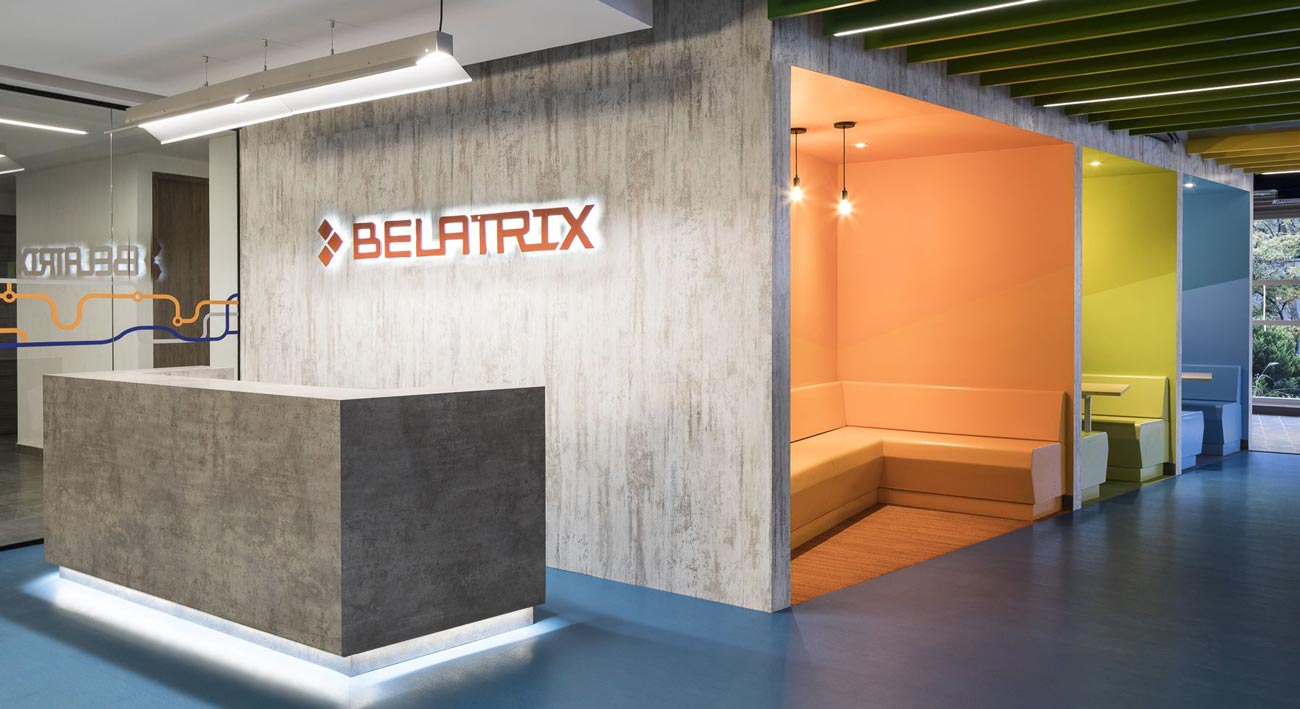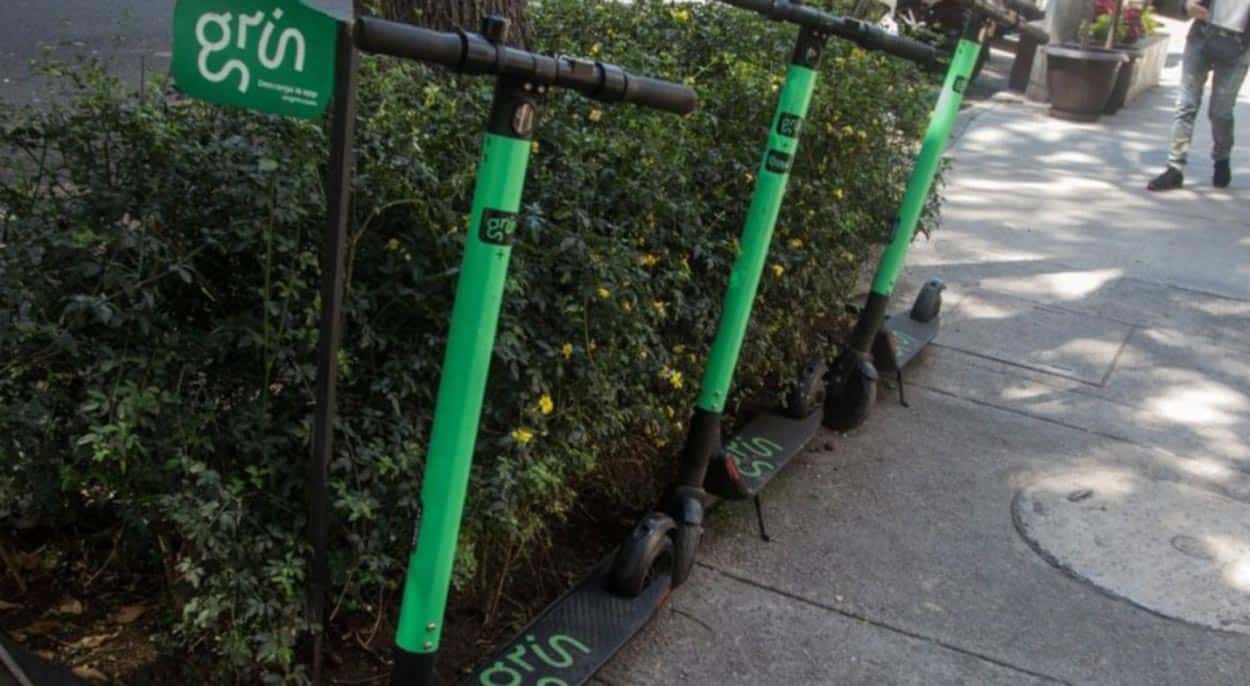Contxto – A couple of weeks ago, I wrote a story about Covela, a Mexican insurtech that recently became part of Y Combinator‘s portfolio and Summer Batch 2019.
Then I wrote an article about some other five startups joining the batch. In retrospect, I must admit that I didn’t take a look at the other Latin American startups coming along. I know, my bad!
Recently, Lindsay Amos from Y Combinator shared with me the complete list of all Latin American startups pitching at the Demo Day. Many startups appeared to be seasoned ninjas, meaning around 10 out of the 16 companies participated under stealth-mode.
Anyways, without any further ado here they are!

Valiu (Colombia)
Coming straight from Bogota, this fintech allows users to make international transfers throughout Latin America. In fact, the first thing that pops up when visiting its website is: “Transfer money to Venezuela,” which clearly exposes one of the potential use cases.
With over 1 million Venezuelans seeking refuge in neighboring Colombia, there is certainly a continuous need for people to use this type of platform. Users can seamlessly pay through the app with either cash or card. The company also claims that it’s growing by 35 percent a month.
Mudafy (Argentina)
This “tech-enabled real estate broker,” as Mudafy claims, helps users sell properties easier and faster. Not only does the company help you estimate your property value, but it will enhance your probabilities of selling it in no more than five steps.
It was actually hard to find its native country, though. While its Linkedin profile says Mexico City, I believe it is originally from Buenos Aires. I’m reaching out to clarify the story.
LAIKA (Colombia)
LAIKA is an omnichannel store for pet goods and services. The Colombian startup connects with users through its online as well as retail stores and provides more than 4,000 products and 20 services for Latino perros and gatos.
Latin America’s pet market is increasingly growing and profiting, so the business opportunity is definitely big for an eCommerce such as LAIKA. While Brazil and Mexico are the largest pet markets in the region, and Colombia certainly making gains.
Tranqui Finanzas (Colombia)
From Cali, this platform supports users in making more informed business decisions thanks to its financial advising service. The company provides financial consulting for various companies with its SaaS-like model.
This allows users to converse with real (meaning human) financial advisors, whenever they need it the most. All progress and information are available via a dashboard or visual report on the company’s financial health.
Vitau (Mexico)
Emerging from Monterrey, Vitau takes care of patients suffering from chronic illnesses and their medical needs. By removing the hassle of going to the pharmacy and having trouble finding the drugs they need, the company offers a monthly subscription for them to deliver these medicines straight to the patient’s home.
Not only are they nice enough to bring patients’ medicine home, but they also help them with insurance procedures and formalities.
Zippi (Brazil)
If you drive for Uber, DiDi, or any other ride-hailing app, you may be eligible for a loan with Zippi. The Brazilian startup provides flexible loans to ride-hailing app drivers across Latin America.
Loan distributions are specifically created in tandem with one’s income. Cash can also enter borrowers’ accounts within 24 hours, making it a fast and simple process. To date, Zippi has administered US$160,000 worth of loans. Moreover, it plans to launch its own neo bank for Latin American gig workers in the near future.
AlanaJobs (Mexico)
Based in Mexico City, AlanaJob is a “blue-collar” marketplace for hospitality and service jobs throughout Latin America. Common gigs range from being a shopper for Rappi to chef at Chilis.
To make matters even more convenient, users just need to fill out one application to be eligible for jobs. All you need to do is answer questionnaires and choose some photos to share of yourself.
Mipos.dev (Ecuador)
This startup is an operating system for Latin American restaurants, specifically offering point-of-sales software. At the same time, it integrates itself with delivery apps such as Uber Eats and Rappi.
This way, it’s not necessary to manually transfer information. Everything gets invoiced and printed when an order arrives. Everything is also controllable over the cloud platform.
Kuarti (Mexico)
Corporate-related travel just got a lot easier with Kuarti, the OYO Rooms for Latin America. The company provides high-quality and affordable rooms for corporate partners on-the-go with its handy search engine.
In terms of operations, Kuarti intends to partner more with independent hotels. So far, it has collaborated with four hotels with 20 rooms in its inventory. Altogether, users have collectively booked 275 nights over the platform. The company also says that Mexico’s hospitality represents US$2.5 billion, not to mention US$11 million across Latin America.
Flux QR (Mexico)
“Receipts, rewards and loyalty that live in your banking app” is how Flux introduces itself over its website. Long story short: paper receipts become obsolete thanks to Flux’s solution.
Retailers, restaurants, as well as banks, use Flux to accept mobile wallet payments across Latin America. Not only does it provide paperless options but also special deals and giveaways with partners.
Coco (Venezuela)
Basically, a food remittance company. Coco is a startup enabling individuals to send food to family members in Venezuela instead of money. Cities within its coverage include Barquisimeto, Caracas, Maracaibo, Maracay, Margarita and Valencia.
InEvent (Brazil)
CRM (Customer Relationship Management) Software built by InEvent revolves entirely around corporate event creation, management and engagement for large companies. Specifically, its technology suite promotes events for sales, marketing, as well as customer experience events.
Features range from drag and drop landing pages, email builder, online registration, QR codes, badge printing, budget management, plus many other integrations. This past May, the Brazilian company entered the U.S. corporate event market, described as a US$7.5 billion opportunity.
Epic Aerospace (Argentina)
This company is developing inexpensive “space tugs” used to deliver satellites into Earth’s orbit. Specifically, the startup has designed a solution for this process that often takes two years to implement new satellite systems. All the while, it can cost up to US$30 million.
Thanks to Epic Aerospace, now more satellites can move from Earth’s lower orbit into the geosynchronous Earth Orbit (GEO). This propulsion system boosting satellites to higher spaces requires half the costs of its competitors.
Treble.ai (Colombia)
Large companies can better communicate with clients due to Treble. The startup’s platform assists partners in reaching clientele through SMS and WhatsApp without needing to hire thousands of employees.
Companies using Treble services include Rappi, Frubana, Fitpal, Truora, Tpaga, plus many more. At the end of the day, the company’s solution is a great way to boost customer engagement.
Apurata (Peru)
This Peruvian startup provides small loans to Latin Americans. Following the fintech revolution, going to physical banks is not necessary with Apurata. Rather, everything can be administered over your cellphone for fast and reliable approval. Borrowers can pay off their loans with up to four installments for added convenience.
Covela (Mexico)
Digital insurance for companies is what Covela offers to clients, most of whom are Latin America SMEs. Restaurants, coffee shops, laundrymats, in addition to dental offices are some common businesses that Covela partners with.
In terms of liability, clients are covered in case of earthquakes, fires, natural disasters, theft, broken glass, plus many more types of incidents.
Latin America’s history on Y Combinator!
The California-based seed fund for early-stage startups has funded over 2,000 ventures since 2005, amounting to a network of more than 4,000 founders.
Since Authy joined YC in 2012 and Glio in 2013, more startups with Latin American backgrounds are steadily becoming part of the program. Now, more than 15 companies from all across the region are proudly wearing the YC badge. Some of these companies include Runa HR, Hogaru, Rappi, and more recently, Fintual, Grin and Nowports.
With assistance from groups like Y Combinator, Latin American companies are really starting to catch more worldwide consumer attention. It’s official – I’m bullish about the region becoming the next global business hub.
-VC






